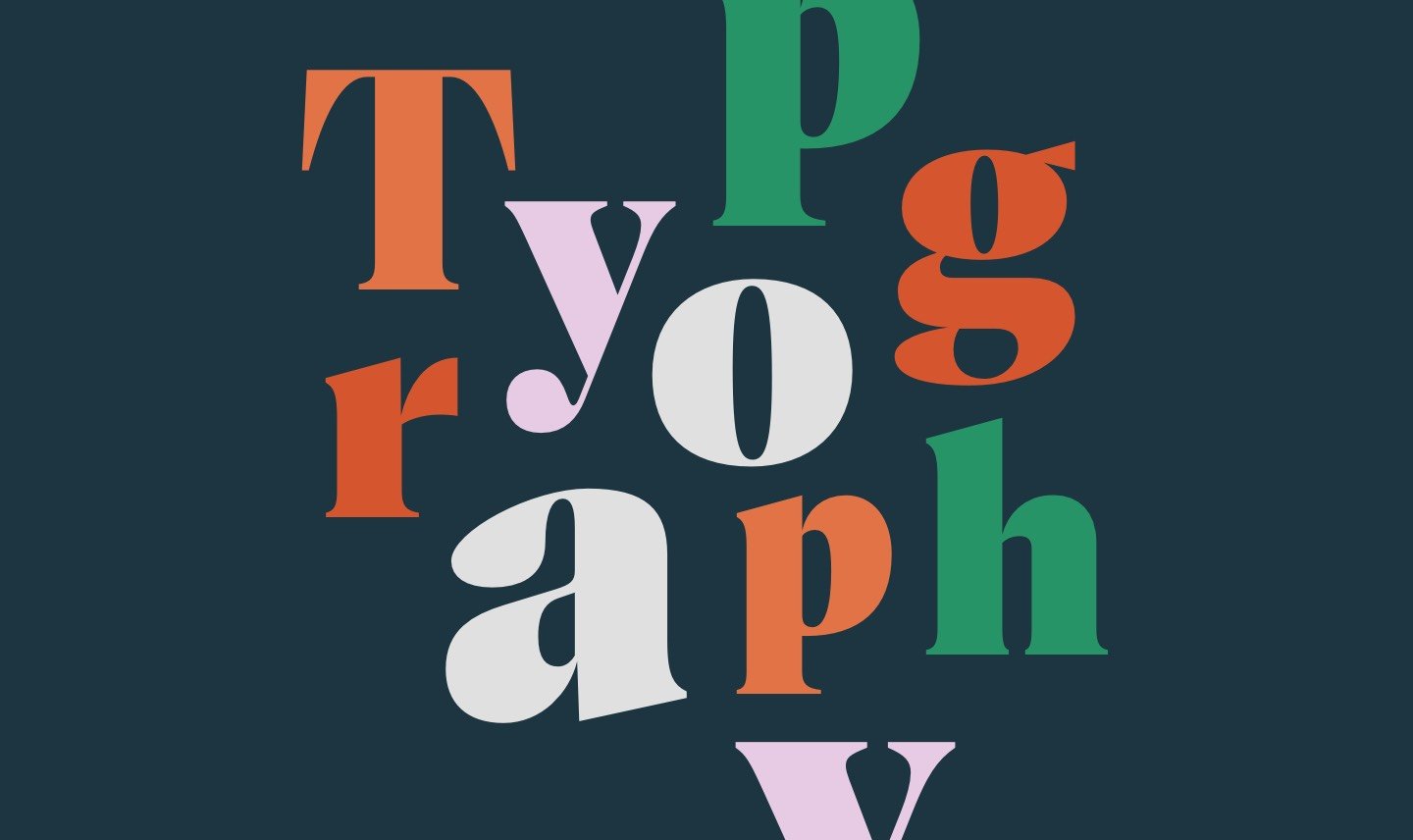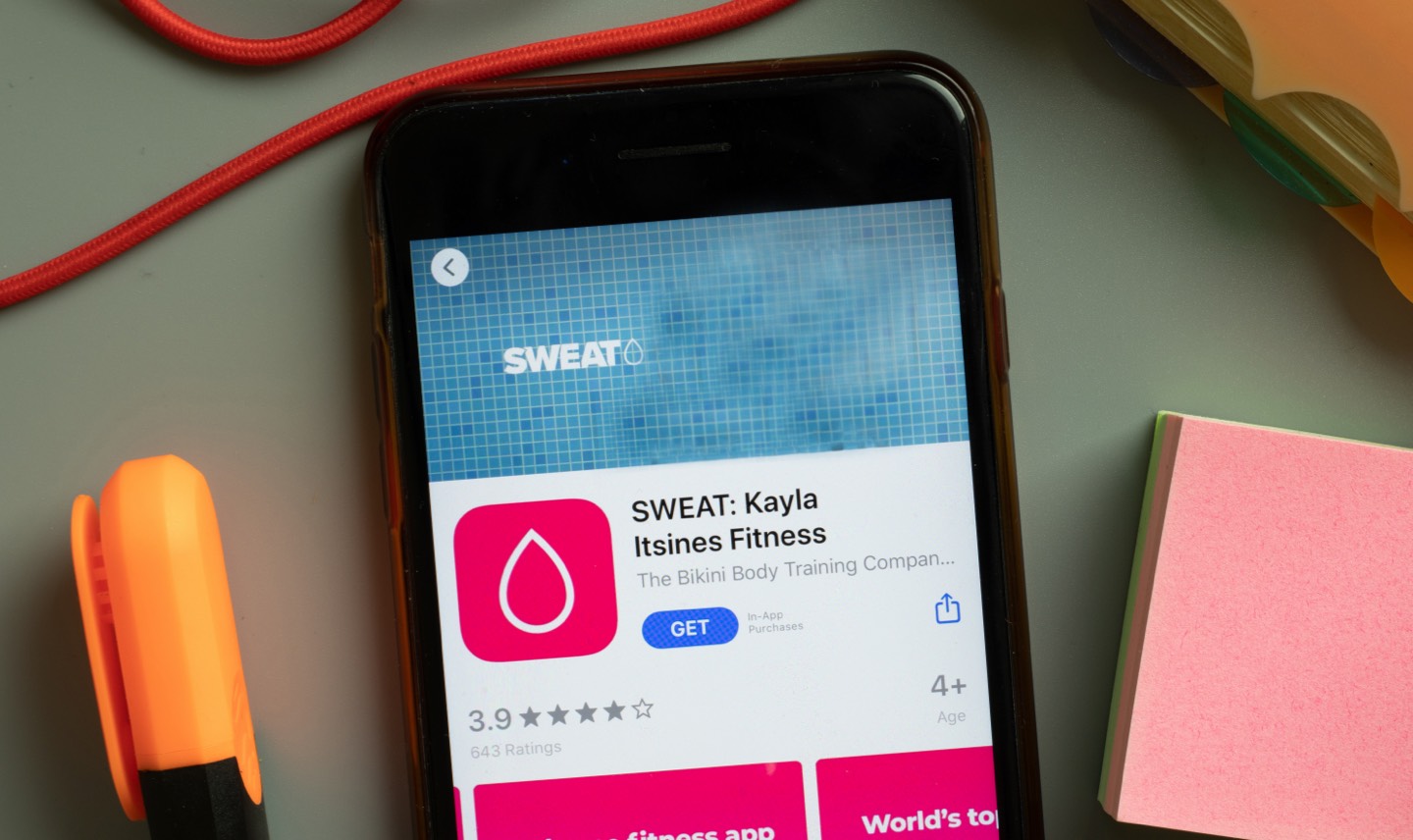NFTs: How brands use them for marketing
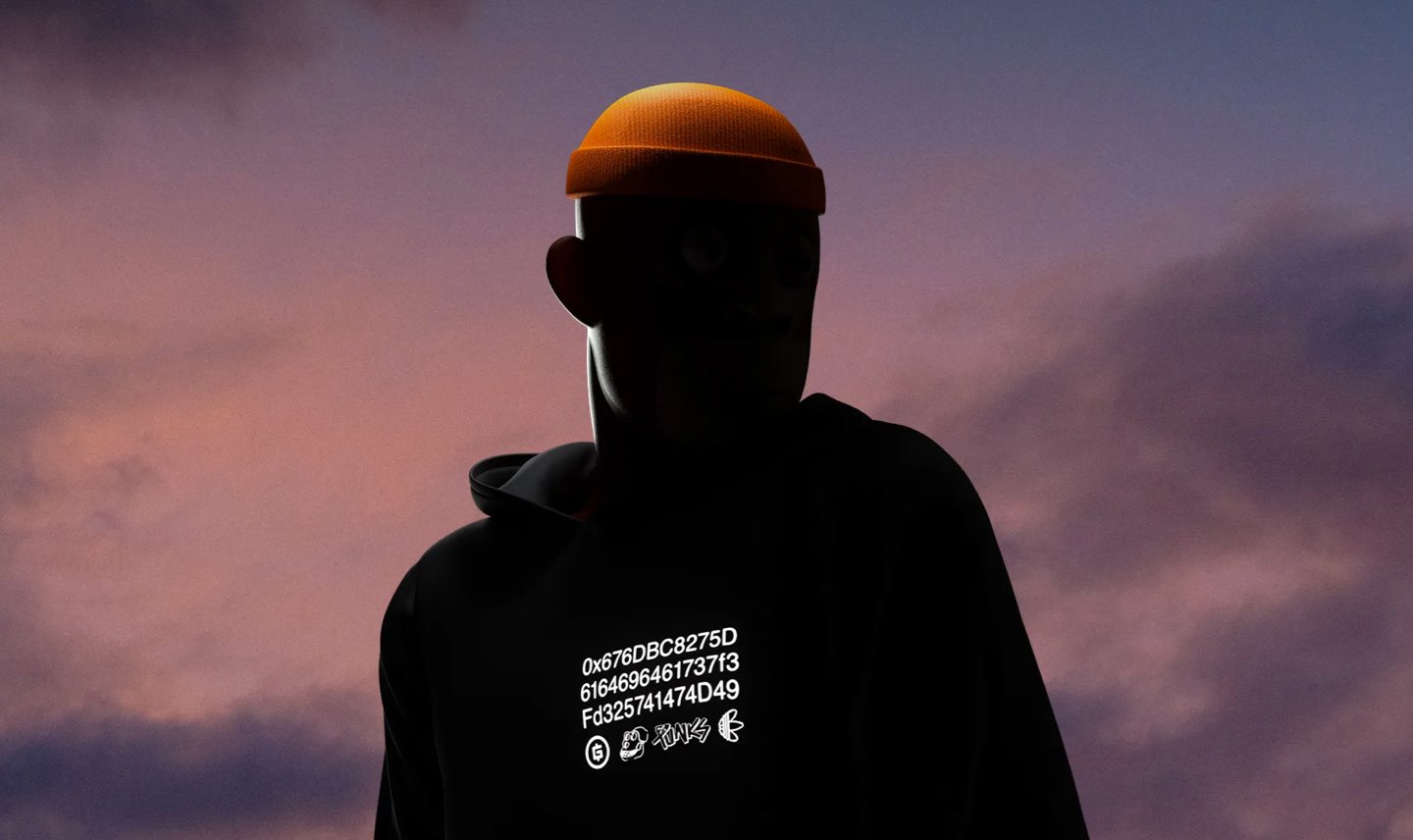

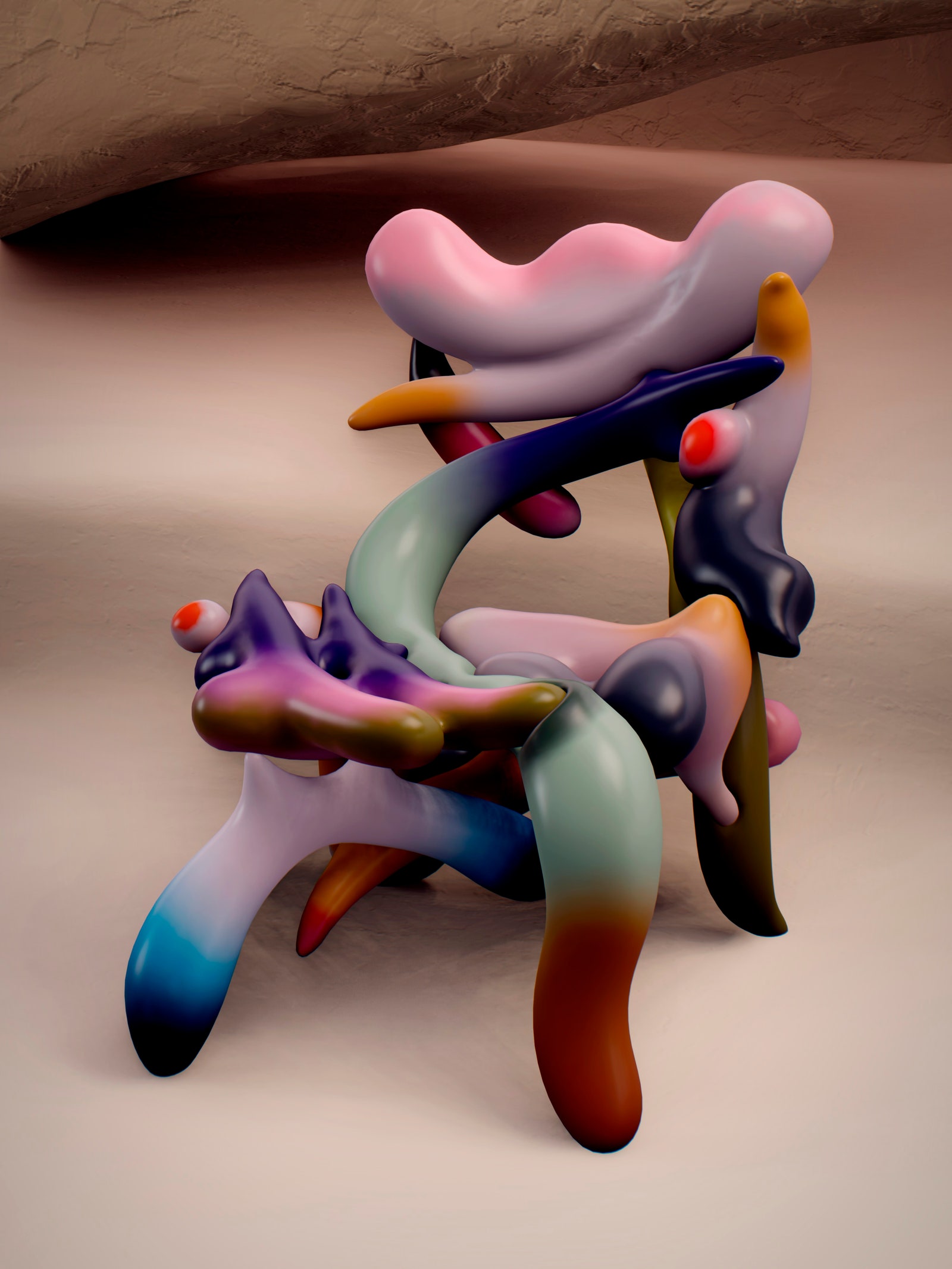
What is an NFT?
NFTs are digital assets like bitcoin. They’re unique and irreplaceable, just like owning an original work of art. They utilise the same authentification technology as a cryptocurrency but are still nebulous in their uses. While some NFTs hold monetary value, others link owners to communities or can even be used as digital assets in the metaverse.
In 2022 NFTs have skyrocketed in popularity, leading a digital flower to sell for $20,000, a looping video clip for $26,128, a sock for $60,000 and a LeBron James clip for $99,999.
Metaverse is not only providing a platform for consumers to experience NFTs but has also become the virtual marketplace for trading them. Future Market Insight states that the consumer metaverse market is expected to have a staggering double-digit CAGR of 24.5% by garnering a market value of US$ 500 billion by the end of 2032.
NFTs are as unique as your brand
Whilst NFTs started in the art world, they have now expanded into several physical products such as digital media, virtual goods, digital collectibles and other crypto-assets.
Brands in entertainment, fashion and sports have been the first movers of NFTs. Whether issuing NFTs as part of a loyalty program or selling tickets, many brands are adopting NFTs into their brand strategy and marketing mix.
And most smaller businesses don't build out their own NFTs from scratch. Instead, they use plug-and-play alternatives that allow them to create NFTs without any technical expertise.
This provides an exciting and highly creative space for brands.
Whilst they provide more disruption to the current marketing landscape, they provide innovative ways of engaging audiences.
How brands are using NFTs
Toys “R” Us NFT rewards collection
In December 2022, Toys “R” Us launched a collection of 10,000 NFTs that consumers can stake in order to earn “GCoin,” which can be redeemed for rewards such as exclusive access to toys and in-store experiences. To stake means effectively declaring that one will not sell a token by locking it on a blockchain network – a practice that typically confers rewards because it supports the project.
The Toys “R” Us collection is a collaboration with tech agency Anybodies. The tokens, which are animated versions of their brand mascot, will live on the Solana blockchain and be available for purchase from marketplace Magic Eden.
Starbucks NFT loyalty program
Starbucks has now opened beta testing its NFT project, Starbucks Odyssey. This polygon-based program is a web3 extension of the existing Starbucks loyalty program, but offers coffee-themed NFTs to its users.
Starbucks rolled out beta testing to a select group of U.S. based users in December 2022. Customers go through a ‘journey’ of completing a number of activities including quizzes or puzzles. Some of these activities are geared towards teaching the consumer about the history and message behind the Starbucks brand, while others revolve around making in-store purchases that customers can then use to earn points.
Once users earn around 500 points, they’re given an NFT, or “Journey Stamps”. These stamps can be used to access three different tiers of benefits from online experiences to real-world benefits such as a trip to the Starbucks coffee farm in Costa Rica.
It's time to wake up and smell the coffee ☕☀️@Starbucks Odyssey Beta is LIVE #onPolygon.
— Polygon - MATIC 💜 (@0xPolygon) December 8, 2022
👉🏼The journey begins this week for a limited number of members.
Get a sneak peak 👀 at the exclusive, #Web3-powered experience ✨👇🏿https://t.co/Rc915hibPi pic.twitter.com/rDrfFQDaUC
Louis Vuitton’s NFT Game
Louis: The Game was launched in August 2021 by Louis Vuitton. The game involves accompanying a virtual character named Vivienne to help her through a virtual world where you’ll search and collect exclusive NFT postcards.
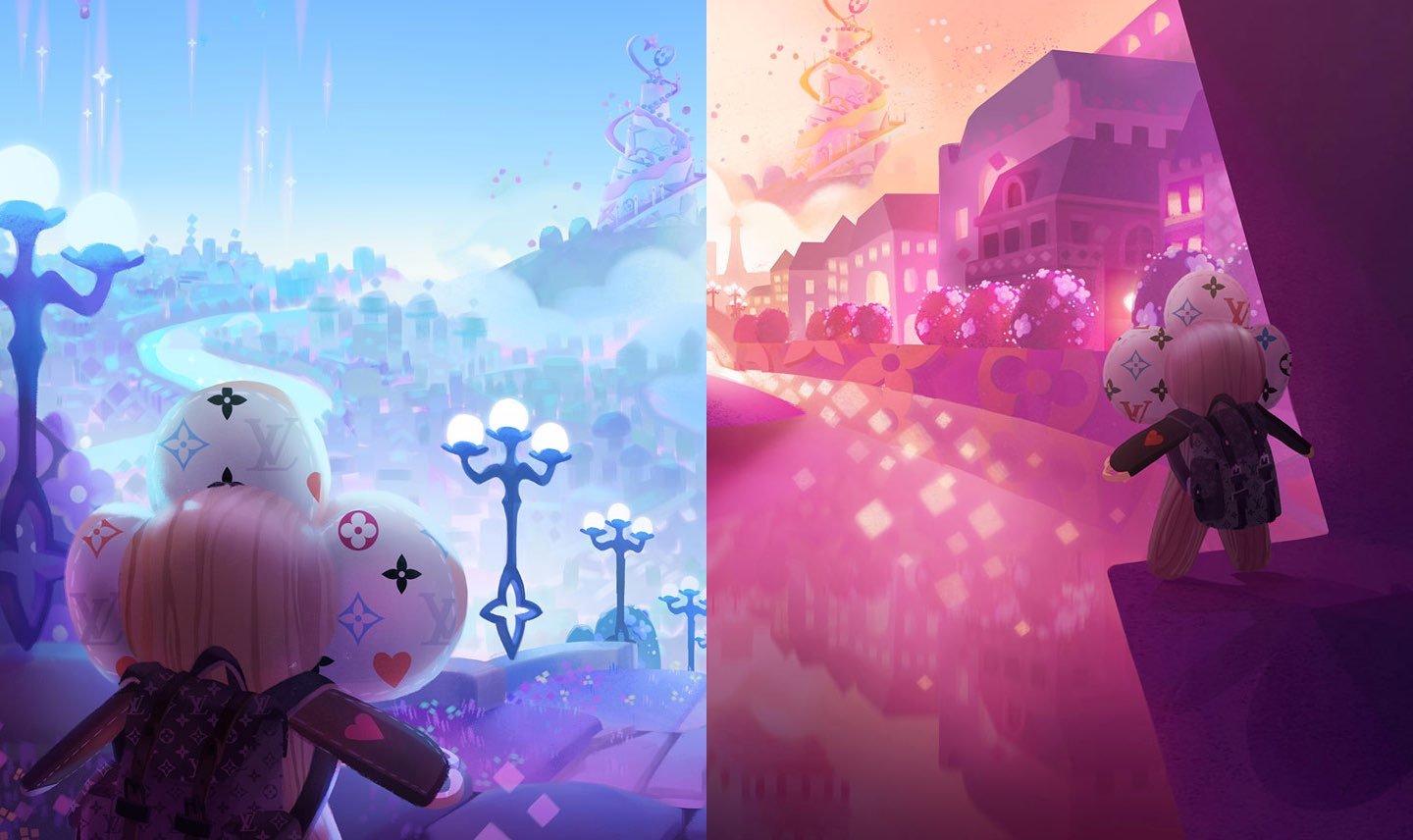
Released to celebrate the brand’s 200th anniversary, the game has now had more than two million downloads.
The game’s primary quest is for players to help Vivienne, the brand’s virtual avatar, to find a sixteen-page manuscript in the first level. Afterwards, the second level of the game will see players try to collect up to 200 candles denoting the brand's birthday as it celebrates its 200th anniversary.
The latest version has been expanded with additional challenges as well as collectibles that you can hunt down, including 10 new NFTs featuring Vivienne in different types of looks.
Are NFTs worth your marketing investment?
Whilst it’s unclear what the future holds for NFTs and it’s really too early to judge their impact on a large scale, they’re fun and use cutting-edge technology that has the potential to redefine the way some brands do business and engage with their consumers.
“We’re seeing NFTs being used to reward and incentivise consumers through innovative gifts, exclusive access, and more”, says Better Known Co-Founder Georgina Hannekum. "As a new revenue stream and engagement too, NFTs are super relevant to brands – especially those that serve Millennials and Gen-Z".
What matters in NFT brand experiences?
The speculative aspect of NFTs is what drove the prices up and down, but that’s not relevant for brands that are more focussed on using them as a marketing driver and as part of their brand experience strategy.
Brand awareness and engagement, loyalty, and customer lifetime revenue are the metrics being used by brands investing significantly in NFTs.
Ultimately, NFTs not only create awareness of brands in the digital spaces that their audiences live in, they also enable brands to experiment in brand experience marketing as they did in the early days of social media.
Better Known is a creative consultancy building better brands at the intersection of people and technology.
